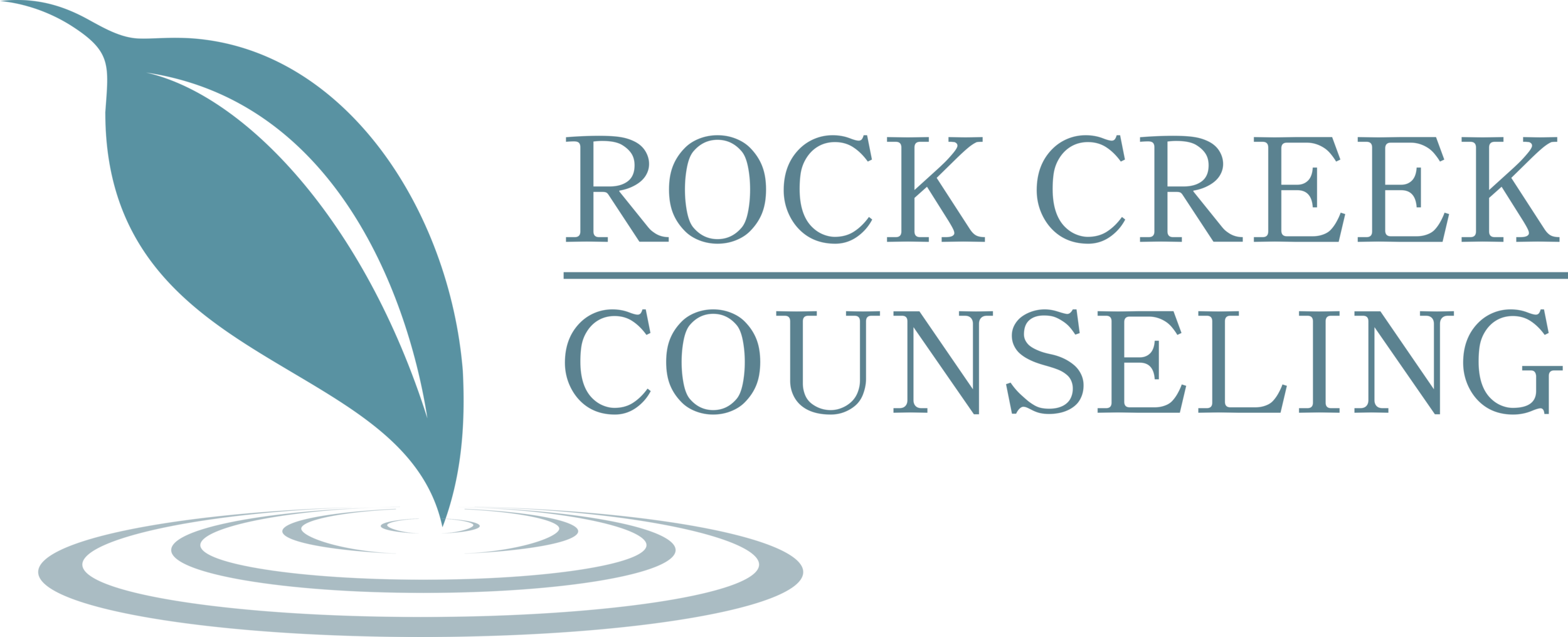13 Questions to Journal Through or Meditate on Before Beginning Therapy
Beginning your therapy journey may feel overwhelming, especially if you’ve already conducted a Google search or have asked around for referrals. Everyone loves their therapist, but how do you know you will, too?
Finding the right therapist for you begins even before you conduct a Google search on the topic or ask a friend for recommendations. Finding the right therapist begins by first understanding your own needs, desires, expectations, goals and fears when it comes to therapy.
When you understand your current situation and feelings before choosing a therapist, you are setting yourself up for optimal growth and healing. Because growth requires expanding into new territory, optimal growth happens when we feel safe. And, we feel safe in relationships that foster respect, connection and personal alignment.
When you know yourself, your goals, your desires, you can better perceive what kind of support is - and is not - in alignment with those things. But, how do you begin to uncover and understand your goals and expectations, especially when life is feeling overwhelming and stressful?
The answer is simple - to journal through these guided questions. If you’re not sure where to start in your journey or what exactly you’re looking for in a therapist or counselor, these questions will help reveal your inner expectations and desires and help guide you as you start your journey.
As you begin your journey of finding the right therapist for you, here are some important questions to ask yourself. It can even be beneficial to purchase a new journal dedicated only to your therapy experience and healing, and you can use that journal to work through these questions and discover your goals.
What are your goals for therapy? What feelings, emotions, experiences and thoughts have brought you to this place, of beginning your therapy journey?
What outcome(s) are you hoping to achieve with therapy? In what ways are you wanting life to look and feel different?
How will you know when your goals are met?
Why now? How important to you is it to commit to this journey?
There may be times when you feel like pausing or stepping out of this journey, what practices or acts will help you refresh your commitment?
What are your expectations for therapy? What do you expect will happen, in what time frame, and how? Where do these expectations come from?
What about therapy are you willing to experience with open hands?
What fears do you have as you head into this journey? What feels unknown? How does it feel to approach an unfamiliar season, a journey with an open-ended map?
What qualities in a person make you feel safe and secure? Connected?
What do you want your relationship with your therapist to look and feel like?
What questions do you want to ask prospective therapists?
What are you thankful for as you begin this journey? Though life may feel overwhelming in this season, where are you currently finding pockets of gratitude?
What is your greatest hope for the seasons ahead of you, for this wellness journey you’re leading yourself into?
Remember, these journaling prompts and questions are designed to help you get curious within yourself. Their goal is to help you begin looking inward, and to feel comfortable doing so. You do not need to know every answer, and a simple, “I don’t know,” is just as powerful and useful as any other answer!
Getting curious about the answers to these questions and writing them down will help you start to understand your own goals and needs as you begin your search for a therapist. As you research online, conduct phone consultations, and even meet with a therapist or two, you’ll have your written goals and expectations to look to make sure the therapist you select aligns with your desires and needs.
Having your answers to these questions written out (or, if you dislike handwriting, type them out or use a voice-memo app!), will give you perspective as you continue in your healing journey. As you grow, you’ll be able to look back on how far you’ve come, appreciate your growth, and give thanks to yourself for stepping out and doing the hard work of pursuing healing.
